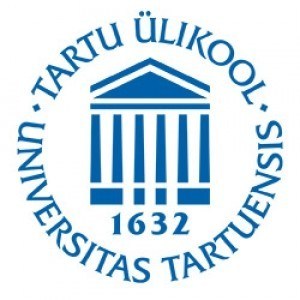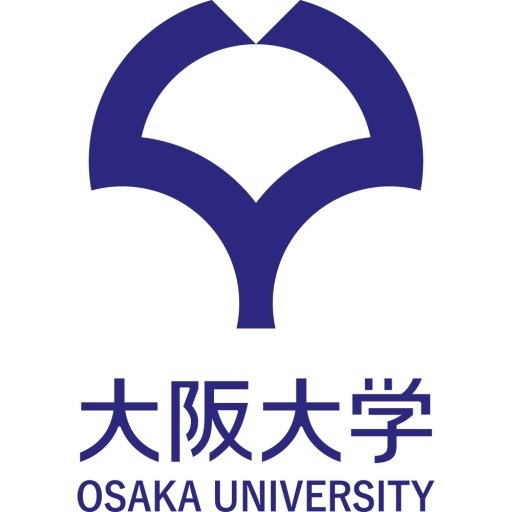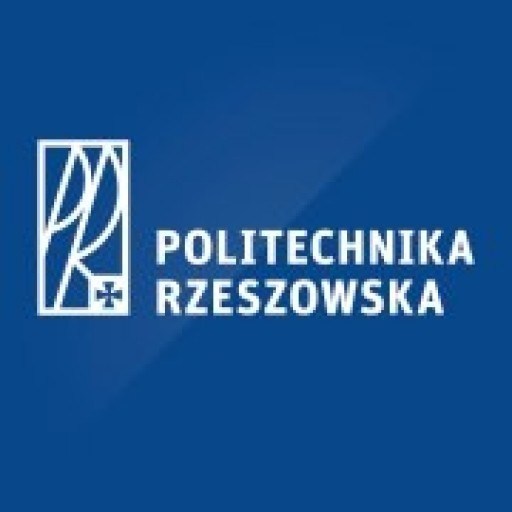Photos of university / #ucl
Program Description: Global Prosperity MSc at University College London
The MSc in Global Prosperity at University College London is an interdisciplinary postgraduate program designed to explore the complex factors that influence economic development, social inclusion, environmental sustainability, and technological innovation across the globe. This innovative course aims to equip students with a comprehensive understanding of the strategies, policies, and practical approaches necessary to promote equitable and sustainable prosperity in diverse contexts. Through a blend of economic theory, social sciences, and current global case studies, students will gain valuable insights into how governments, organizations, and communities can work together to foster economic growth that benefits all segments of society.
The program offers a unique curriculum that covers key topics such as development economics, international trade, structural transformation, social entrepreneurship, governance, and the role of technology in shaping future prosperity. Students will engage with real-world challenges faced by developing and developed nations alike, analyzing issues such as inequality, poverty alleviation, access to education and healthcare, and climate resilience. Special emphasis is placed on understanding the impact of digital innovation and sustainable practices on economic progress.
Throughout the course, students will develop essential skills including critical thinking, policy analysis, data interpretation, and strategic planning. They will have opportunities to participate in workshops, seminars, and debate sessions led by leading academics and practitioners in the field of global development. The program also encourages experiential learning through internships, collaborative projects with international organizations, and research initiatives that aim to address pressing global issues.
Graduates of the MSc in Global Prosperity will be well-prepared for careers in international development agencies, governmental institutions, non-governmental organizations, policy think tanks, and the private sector. They will also be equipped with the knowledge and skills necessary to contribute to innovative solutions for sustainable economic growth and social well-being. This program ultimately aims to cultivate a new generation of global leaders committed to promoting prosperity that is inclusive, environmentally conscious, and resilient against future challenges.
Students understand the antecedents of today’s unsustainable economic cultures, from the history of economic growth, to inequality and the multinational corporation. They will master alternative measurements of prosperity such as the Social Progress Index while examining innovative pathways to prosperity (including the transition to renewable energy systems). There is also a focus on collective problem-solving methodologies from human-centred design (HCD) to Theory U.
Students undertake modules to the value of 180 credits.
The programme consists of four core modules (60 credits), two optional modules (30 credits) and a dissertation (90 credits).
Core modules
- Pathways to Prosperity 1: Global Legacies
- Pathways to Prosperity 2: Global Futures
- Research Methods 1: Measuring Global Prosperity
- Research Methods 1: Problem-solving for Global Prosperity
Optional modules
Students choose two thematically compatible optional modules:
- Recommended:
- Transformative Entrepreneurship
- Other modules can be chosen more widely across UCL in, for example, engineering, global health, sustainable resources, energy, anthropology, economics, geography, history, philosophy.
Dissertation/report
All students undertake an independent research project leading to a dissertation (10,000 words). They will also be required to prepare a shorter article for publication.
Teaching and learning
The programme is delivered through targeted and innovative learning methods, including lectures, case studies, policy papers, blogging, and a dissertation project, which may involve fieldwork and collaboration with partner organisations. IGP strives to integrate students into its core research community. Assessment is through coursework, presentations, a written examination and a dissertation. The programme is delivered through targeted and innovative learning methods, including lectures, case studies, policy papers, blogging, and a dissertation project, which may involve fieldwork and collaboration with partner organisations. IGP strives to integrate students into its core research community. Assessment is through coursework, presentations, a written examination and a dissertation.
A minimum of an upper second-class Bachelor's degree in any discipline from a UK university or an overseas qualification of an equivalent standard. Prospective students must demonstrate commitment to engage with complex global challenges across a range of disciplines. Applicants with significant work experience in government, business, civil society or social entrepreneurship and/or postgraduate training are strongly encouraged to apply.
The Financing component of the Global Prosperity program at University College London emphasizes comprehensive financial literacy, investment strategies, and resource management to foster sustainable development and economic resilience. Students will explore diverse funding mechanisms including public, private, and international sources, gaining insights into how financial flows impact global development initiatives. The curriculum encompasses analysis of fiscal policies, innovative financing for development projects, and the role of financial technology in expanding access to financial services worldwide. Practical modules involve case studies on successful funding models, investment planning, and financial risk assessment tailored to developing economies. Students will be equipped with skills to evaluate funding proposals, manage budgets effectively, and design financial strategies aligned with global prosperity goals. The program also covers ethical considerations in finance, such as investment in socially responsible projects and promoting financial inclusion. Collaborative projects with international organizations and financial institutions provide hands-on experience, enabling students to develop viable funding solutions for complex development challenges. Additionally, the program incorporates training on the use of financial instruments like grants, loans, equity, and bonds, and explores the impact of macroeconomic policies on development financing. Graduates will be prepared for careers in international development, financial consultancy, policy advising, or working within NGOs and governmental agencies focused on economic growth and prosperity. The Financing module ensures that students understand the intricacies of funding global initiatives and are capable of applying financial principles to promote sustainable prosperity on a global scale.
Global Prosperity at University College London aims to equip students with a comprehensive understanding of the economic, social, and political factors that influence global development and sustainability. The program examines the multifaceted issues surrounding economic growth, inequality, environmental challenges, and social justice, making it ideal for individuals seeking to contribute to sustainable development initiatives worldwide. The curriculum integrates interdisciplinary approaches, combining insights from economics, political science, environmental studies, and sociology to address real-world problems related to global prosperity.
Students will engage with contemporary debates on development policies, international aid, trade, and equitable resource distribution. The program emphasizes practical skills, including data analysis, policy evaluation, stakeholder engagement, and strategic planning, preparing graduates for careers in international organizations, NGOs, governmental agencies, and private sector firms dedicated to sustainable development. Field-based projects, case studies, and guest lectures from industry experts enhance the learning experience, providing valuable exposure to the challenges and opportunities in achieving global prosperity.
UCL's interdisciplinary approach fosters critical thinking and innovative problem-solving abilities, encouraging students to develop actionable solutions for global issues such as poverty reduction, climate change, urbanization, and health inequalities. The program often collaborates with international partners, offering opportunities for overseas study and internships that facilitate international experience and networking. Graduates of the program are expected to emerge as informed advocates and effective practitioners in the effort to promote inclusive and sustainable economic growth worldwide, equipped with both theoretical knowledge and practical skills to make a tangible impact in their chosen fields.








